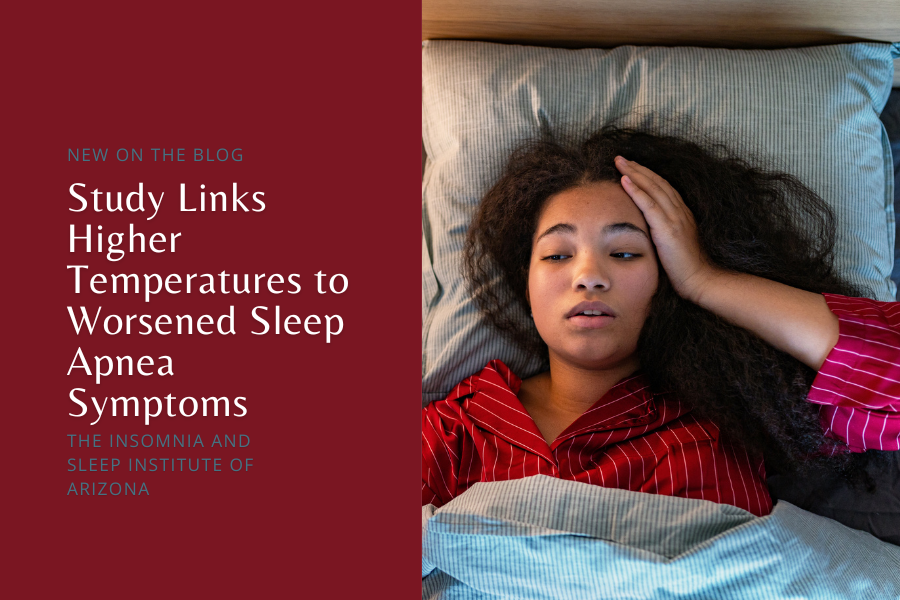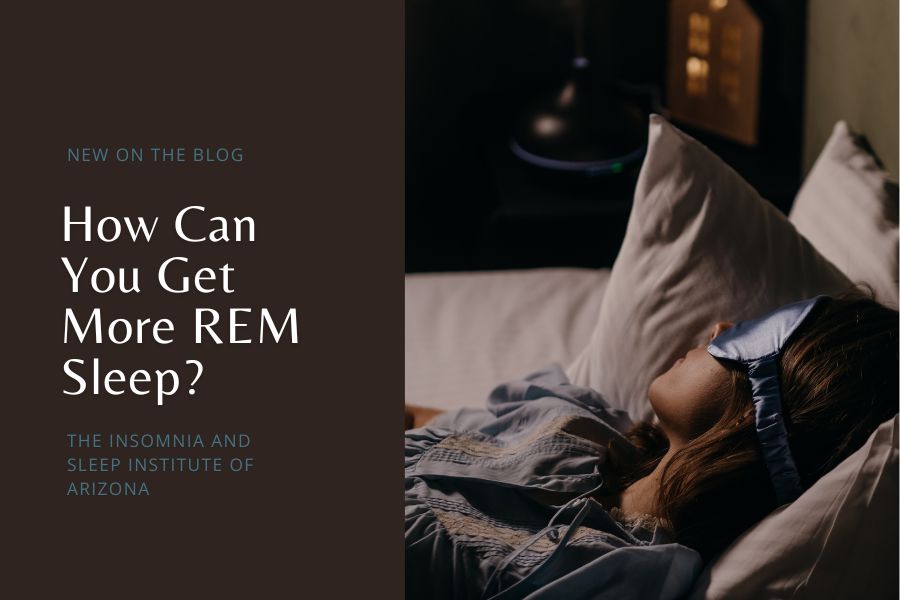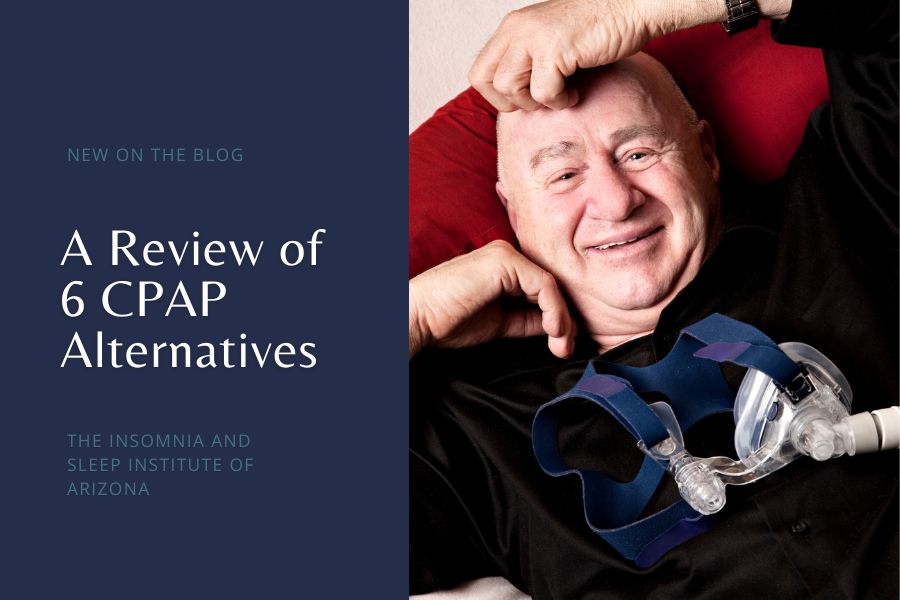Left unmanaged, sleep apnea can cause a host of problems—including brain damage. But could it be reversible? Of course, it is essential to get sleep apnea under control as soon as possible, and obstructive sleep apnea (OSA) is one of the most common conditions treated at The Insomnia and Sleep Institute of Arizona. The gold standard in treatment for OSA is CPAP therapy, though some patients are candidates for alternatives like the Inspire implant in the rare instance that CPAP fails. However, many people don’t know they have sleep apnea until some serious damage has been done, particularly if they don’t regularly share their bed with someone who can inform them of the symptoms.
Sleep apnea (both types) cause “apnea events,” or sleep interruptions. OSA happens when something blocks the upper airway while sleeping, either totally or partially. It is estimated that 22 million Americans have sleep apnea, but since the condition is so misdiagnosed and undiagnosed, there are likely many more. Left unmanaged, some of the most common outcomes are the development of diabetes, heart disease, heart failure, stroke, and dementia. Brain damage is not as common, but when the brain is deprived of oxygen it can certainly occur—and at higher numbers than many suspect. The good news is that the right treatment can reverse brain damage caused by sleep apnea.
How Brain Damage Happens with Sleep Apnea
It is rare that brain damage occurs from a single sleep apnea event. Instead, it is usually accumulative, impairing emotional and cognitive functioning. This leads to issues in mood, memory, and more. According to research, unmanaged OSA affects brain structures like the hippocampus and frontal cortex, which are directly related to mood, memory, executive functioning, and attention. This deprivation also minimizes gray matter, which is in charge of the brain’s means of processing information. Numerous studies have focused on the gray matter and OSA link, but one standout study in 2014’s Sleep journal addressed how OSA is also connected with the breakdown of the brain’s white matter. White matter is the brain’s messenger to the rest of the body.
There are a number of factors that contribute to sleep apnea brain damage, such as chronic sleep deprivation. When you don’t get enough quality sleep, regardless of the cause, REM is disrupted and REM is essential for memory and learning. Continued lack of REM sleep is linked to cognitive impairments. Additionally, hypoxemia (choking and gasping from unmanaged OSA) causes low oxygen levels in the blood. When the brain isn’t getting oxygen, brain cells are damaged and killed.
There’s also the dissolution of the blood-brain barrier when OSA isn’t treated. According to studies, OSA can break down this barrier, which is paramount in safeguarding the brain from harmful chemicals, infections, and bacteria. This “compromised” barrier can cause an increase in incidents of epilepsy, MS, stroke, meningitis, and more.
How to Reverse Brain Damage from OSA
Reversing OSA-caused brain damage is actually quite simple: get the correct diagnosis, testing, and start adhering to CPAP therapy. The most common signs of OSA include waking up gasping and choking for air at night, routine loud snoring, and excessive tiredness during the day even if you feel like you got enough sleep. You may also notice that you have a headache and/or dry mouth after you wake up, frequently want to nap during the daytime, or are irritable for no discernible reason.
CPAP therapy has been proven time and time again to be the easiest and most effective means of managing OSA. One study revealed that after just one year of CPAP adherence, the white matter brain damage in those with severe OSA was reversed. The participants also reported a better mood, alertness, and quality of life. Another review showed that 80 percent of studies found that CPAP “improved executive functions such as verbal fluency or working memory.” Additionally, there was partial neural recovery reported at the follow-up appointment.
Do you suspect that you or your child has OSA or otherwise struggles with sleep? Schedule a consultation with a sleep expert today. Contact The Insomnia and Sleep Institute of Arizona by calling the office, starting an online chat, or simply complete the online contact form.








